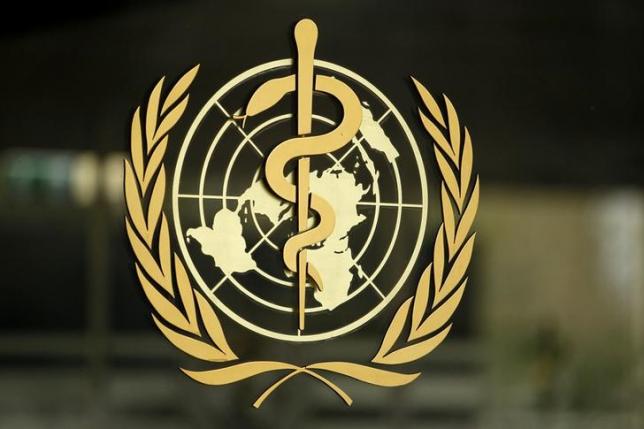
REUTERS by Tom MIles April 19, 2015
GENEVA--The World Health Organization has admitted serious failings in its handling of the Ebola crisis and pledged reforms to enable it to do better next time, its leadership said in a statement seen by Reuters on Sunday.
"We have learned lessons of humility. We have seen that old diseases in new contexts consistently spring new surprises," said the statement, attributed to the WHO Director-General Margaret Chan and the deputy director-general and regional directors.
"We have taken serious note of the criticisms of the Organization that, inter alia, the initial WHO response was slow and insufficient, we were not aggressive in alerting the world ... we did not work effectively in coordination with other partners, there were shortcomings in risk communications and there was confusion of roles and responsibilities...," it said.
The statement listed eight lessons learned, including areas where the WHO's response to Ebola could have been better, such as information sharing and communication....
Read complete story.
Recent Comments